With the Supreme Court scheduled to announce its verdict on the cases involving the Labour Party, its presidential candidate Peter Obi, the Peoples Democratic Party (PDP), and its candidate Atiku Abubakar, challenging the contentious victory of the All Progressives Congress (APC) candidate Bola Tinubu on October 26, 2023, Nigerians are facing the question of whether the apex court can deliver justice, especially when the Chairman of the Panel, Justice John Inyang Okoro, is entangled in the web of corruption in previous years.
In November 2019, Premium Times reported that the Federal Government would officially file corruption charges against three senior judges, of whom Justice Okoro was one, only three weeks after they endured a disturbing raid on their homes by the Department of State Services.
This unprecedented incident has cast a long shadow over the Nigerian judiciary, leading many to question the integrity of the institution responsible for upholding justice in the country.
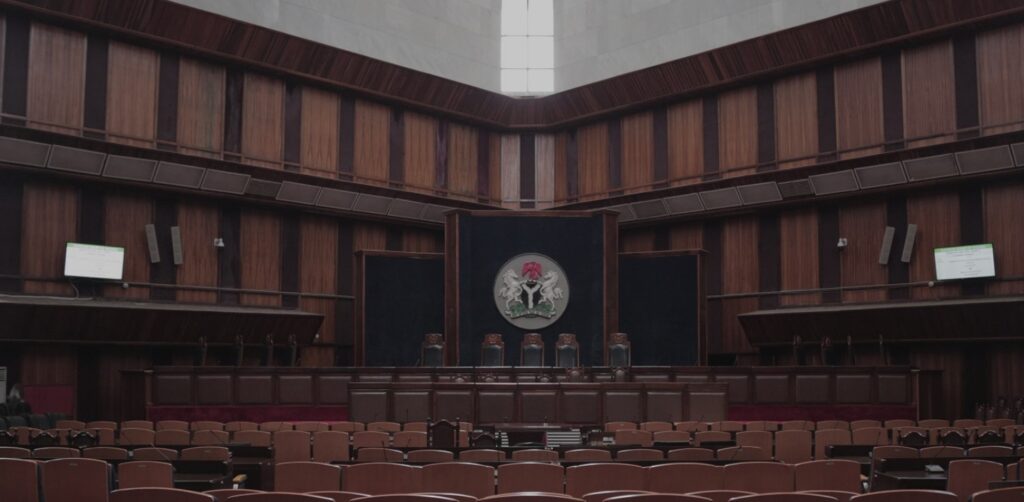
The three judges with a history of indictment are Justices John Inyang Okoro and Late Sylvester Ngwuta of the Supreme Court, along with Federal High Court Judge Justice Adeniyi Ademola.
The allegations against them in the past revolved around money laundering and illegal possession of firearms, potentially resulting in sentences of no less than 58 years in prison if convicted. This legal maelstrom has the power to reshape the landscape of the Nigerian judiciary, sending ripples throughout the system far beyond those on trial.
However, in December 2019, three years after Department of State Services (DSS) operatives raided Justice John Inyang Okoro’s residence, he was cleared of any wrongdoing or misconduct. The DSS returned $38,000 and other items taken from his home. The fairness and thoroughness of the DSS investigation vindicated Justice Okoro, who was neither charged nor tried for engaging in corrupt practices.
The fact that the Federal Government pursued these cases under Sections 104 and 379 of the Administration of Criminal Justice Act, 2015, underscores the gravity and significance of the charges.Also, Justice Okoro’s involvement in political matters has exacerbated the situation.
In October 2016, Justice Inyang Okoro, in a controversial letter, accused certain figures from the All Progressives Congress (APC) of attempting to bribe him in connection to the Rivers and Akwa Ibom governorship election cases before the Supreme Court. Although these allegations were vehemently denied by those implicated, the incident has further eroded public trust in the system.
The APC in Akwa Ibom came out to debunk the allegations and expressed its profound disappointment in Justice Okoro’s actions. The party noted the apparent violation of the Code of Conduct for Judicial Officers, which strictly prohibits social interactions with parties involved in ongoing cases. This open admission of receiving interested parties in a legal dispute has only served to tarnish the judiciary’s reputation further.
Amid this legal and moral quagmire and the history of corruption cases hanging around the necks of our justices, Nigerians are left questioning the sanctity of their Supreme Court, an institution meant to be a beacon of justice and fairness. The outcome of these high-profile trials will undoubtedly have profound consequences for the nation’s faith in its judiciary. The justice system, the last bastion of hope for many, must regain its credibility to preserve the essence of democracy in Nigeria.


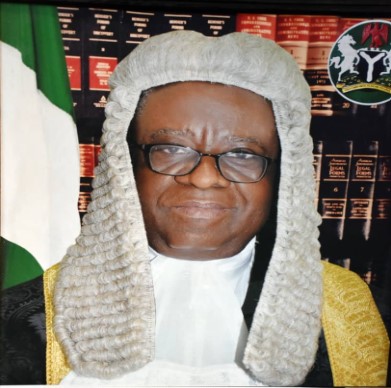


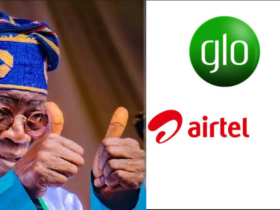
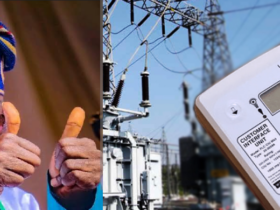
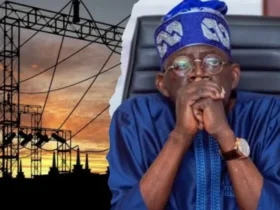
Leave a Reply